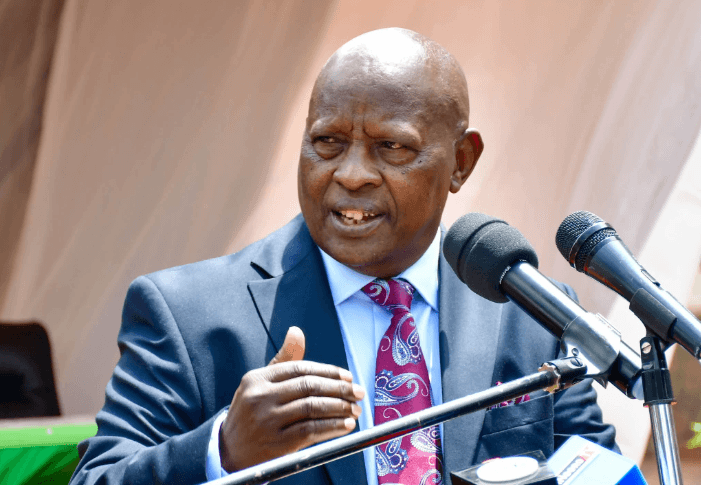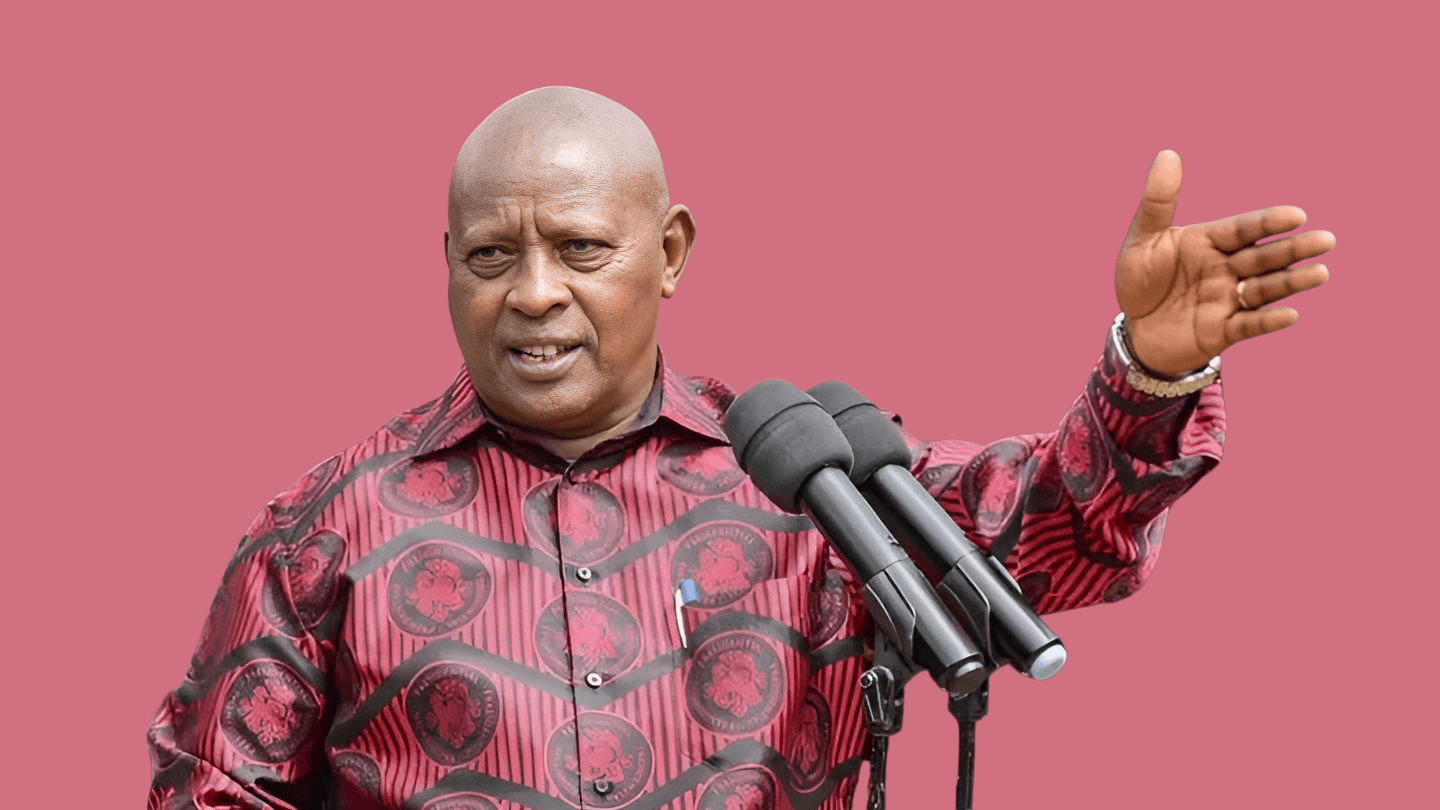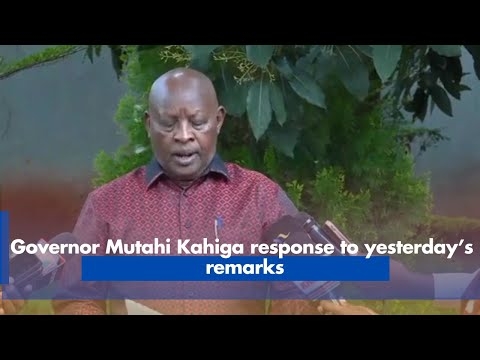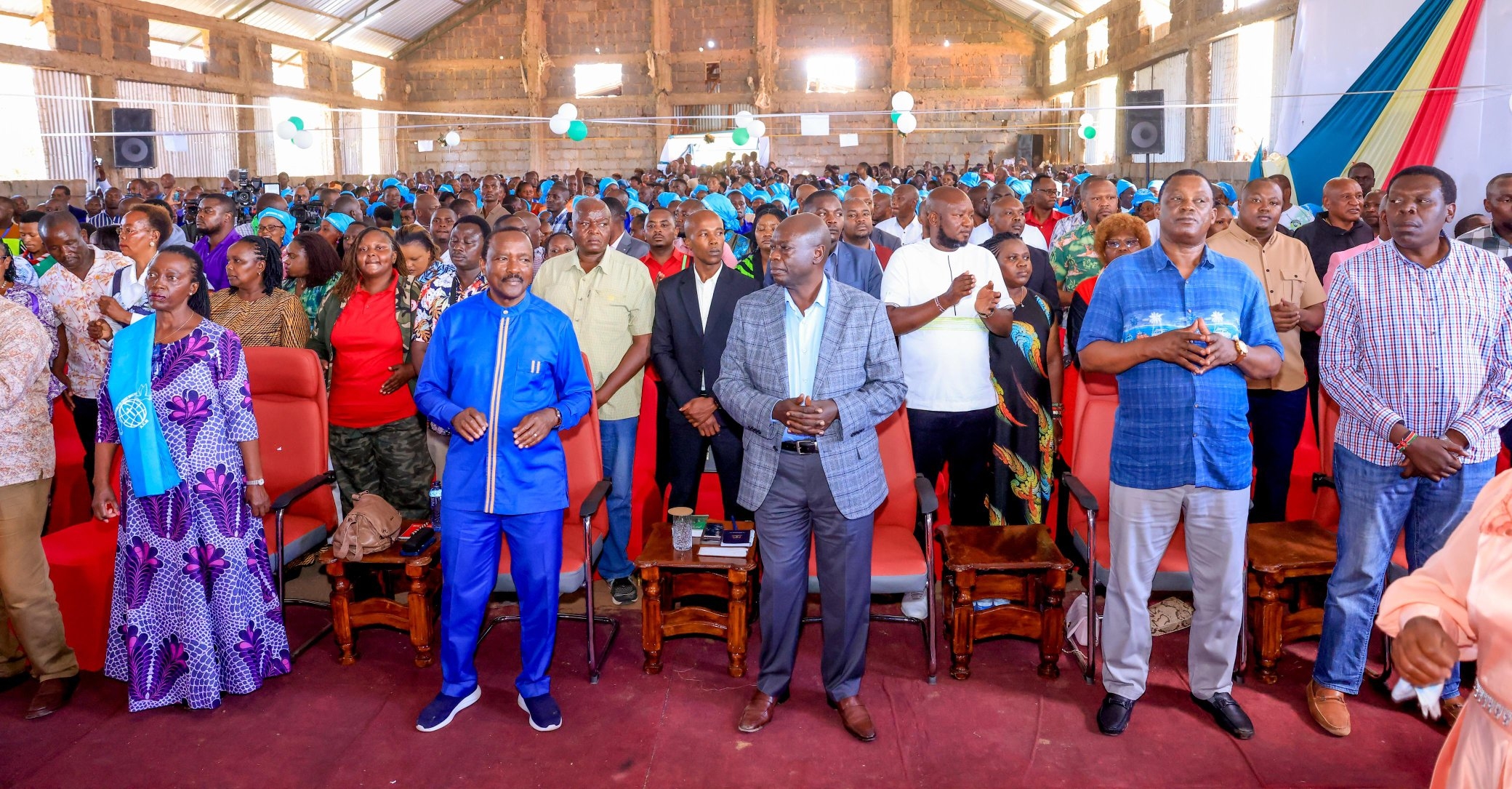
Dutch beer maker Heineken has suffered a major setback after the Supreme Court declined to suspend a decision requiring them to pay Kenyan distributor Maxam Limited Sh1.7 billion in a breach of contract case.
Chief Justice Martha Koome and four other judges said they had no jurisdiction to determine the appeals filed by Heineken.
They were in agreement with Maxams advocate Philip Nyachoti that they do not have the power to hear the dispute between the parties as it relates to a private contract and therefore the circumstances of public interest do not arise.
They said it is only appeals arising from cases involving the interpretation or application of the constitution that can be entertained by the court.
“From the applications before us, there were no constitutional issues requiring our interpretation and without jurisdiction a court is obligated to down its tools as it does not have the power to adjudicate upon the proceedings before it,” the judges said.
The genesis of the dispute between the parties is the Distribution Agreement dated May 21, 2013 made between Heineken East Africa Import Company Limited and Maxam Limited. It was for a term of three years with effect from May 1, 2013.
The agreement was to automatically be extended for a period of one year and subsequent one-year periods, unless terminated by either party giving the other written notice within three months.
But on January 27, 2016, Heineken International B.V. issued Maxam Limited with a termination notice.
Aggrieved by this action, Maxam filed a case at the High Court seeking several orders.
The High Court held that the termination notice was not issued in accordance with a clause of the agreement, as no reason was given for termination of the agreement between the two firms.
An award of Sh1.7 billion was awarded to Maxam, arising from the breach of the Distribution Agreement. e court found that the termination notice was irregular and unprocedural.
The matter went all the way to the Court of Appeal which affirmed the award.
Heineken, still not satisfied, appealed to the Supreme Court. It sought to set aside the decision of the appellate court. But the apex court judges decided that from the issues of determination, none concerned the interpretation of the constitution.
“They only touched on whether the termination notice was valid and whether Maxam is entitled to any remedy,” they said.
They took into consideration that the High Court and Court of Appeal determination of the matter was not pegged on the interpretation or application of the constitution but the validity of the termination notice issued by Heneken.
“It is crystal clear to us that Heineken’s cases do not meet the requisite jurisdictional threshold under Article 163( 4 ) of the constitution,” they said.
The article states that the Supreme
Court can only determine appeals
which involve interpretation of the
constitution or whether the matter
is of general public importance.










